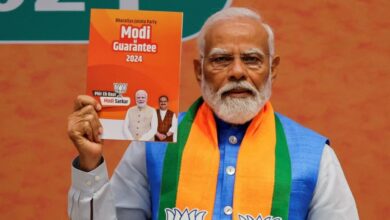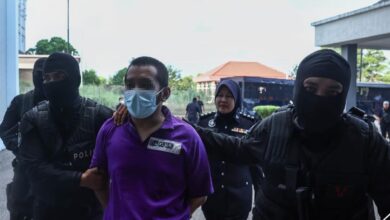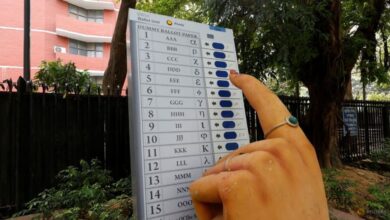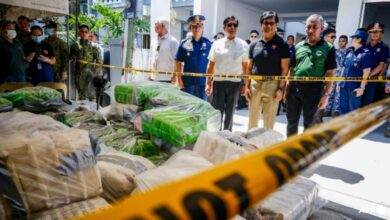Political Islam: As insurgency drags on in Thailand’s Deep South, a new generation is swept up in the conflict
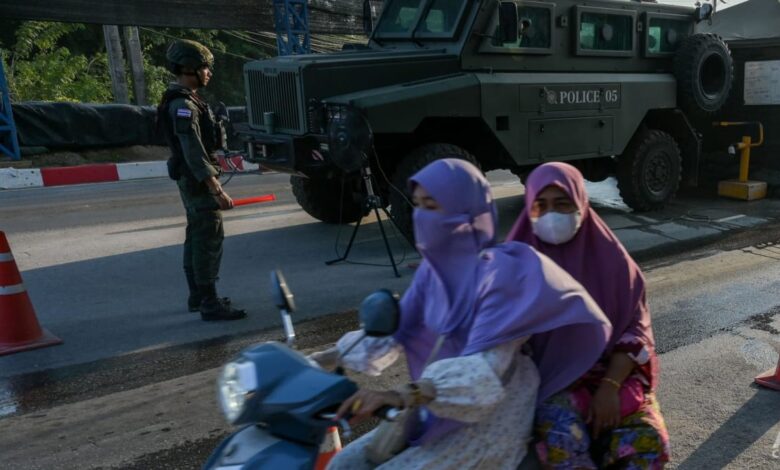
Observers said incidents of violence have decreased since peace talks between Barisan Revolusi Nasional (BRN) and the Thai state started in 2013. The talks have also yielded temporary ceasefires, but little else in the way of a lasting resolution.
At one of the most recent meetings hosted and mediated by Malaysia on Feb 7, 2024, the two sides agreed in-principle on an updated version of the Joint Comprehensive Plan Toward Peace (JCPP), a draft roadmap that includes reducing violence, public consultation and finding a political solution.
At the time, the parties also discussed a ceasefire from March to April, spanning the Muslim holy month of Ramadan and the Thai festival Songkran. There had been no updates since.
In a state visit to Thailand just days after, Malaysia Prime Minister Anwar Ibrahim said his government is committed to helping Thailand solve the long-running insurgency issue. Malaysia shares a common land border with Thailand.
“We have to appeal to all forces both in Thailand, and in the south and even some in Malaysia, to understand and appreciate that peace must be paramount, of paramount consideration,” Mr Anwar said, according to the Associated Press.
The military general Mr Pramote Prom-In and the former BRN member – both of whom have direct knowledge of the latest negotiations – told CNA that a ceasefire has not been agreed, with both sides having different demands and expectations.
For example, BRN is asking the military to pull out of the three provinces, but the military wants a ceasefire first to see if incidents of violence can be dialled down, before implementing further measures to restore normalcy.
Mr Pramote, who is on the government’s negotiating team, said there are plans to open a “public space” for residents with political opinions. Civil society organisations and private firms have also been asked to support the dialogue.
Both sides are holding technical discussions and trying to reach a “compromise” on how to move forward under the JCPP, he said, calling the situation positive for future discussions.
The two parties will meet again from Apr 28 to Apr 30, he said, though he declined to provide specifics as both sides have agreed to speak publicly only in broad terms.
When pressed about plans for a ceasefire, Mr Pramote said this was “difficult” to achieve, as he alluded to how the BRN could take up arms indiscriminately, while security forces needed to follow the law.
Nevertheless, Mr Pramote revealed that government negotiators have a one- to three-year plan to restore normalcy in the region, depending on how quickly incidents of violence dwindle.
This would involve, in phases, lifting the emergency decree in more districts, letting insurgents turn themselves in without getting prosecuted, and eventually disbanding security forces while retraining them in other jobs, he said.
“But at each phase, we will face difficulties. It is the same everywhere in the world,” he added. “The most important thing is we must continue the dialogue and inform the public.”
Get Best News and Web Services here


